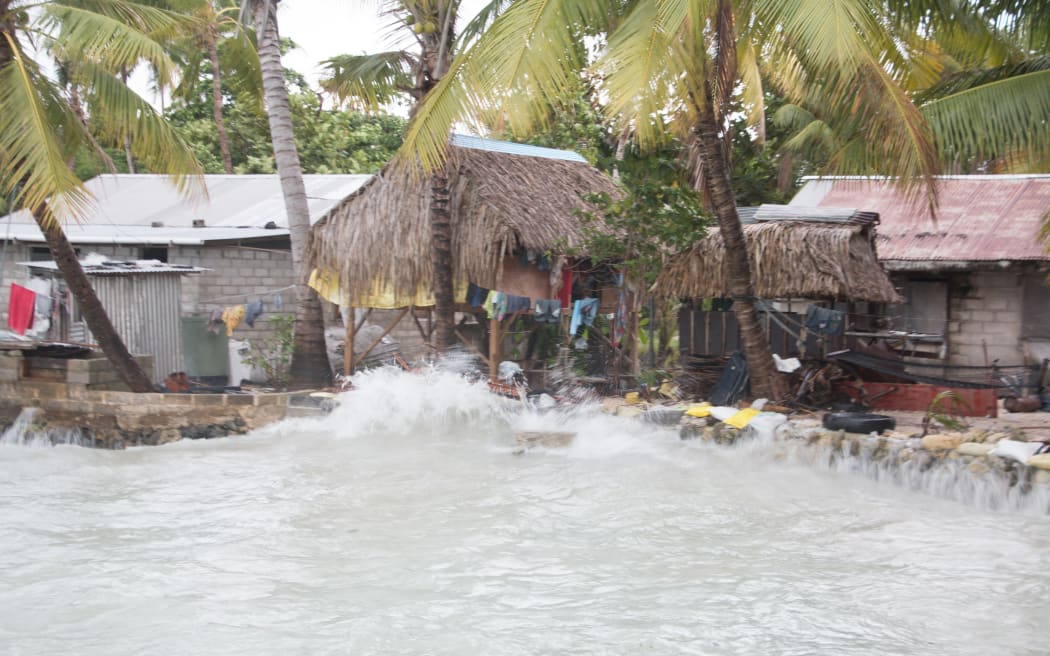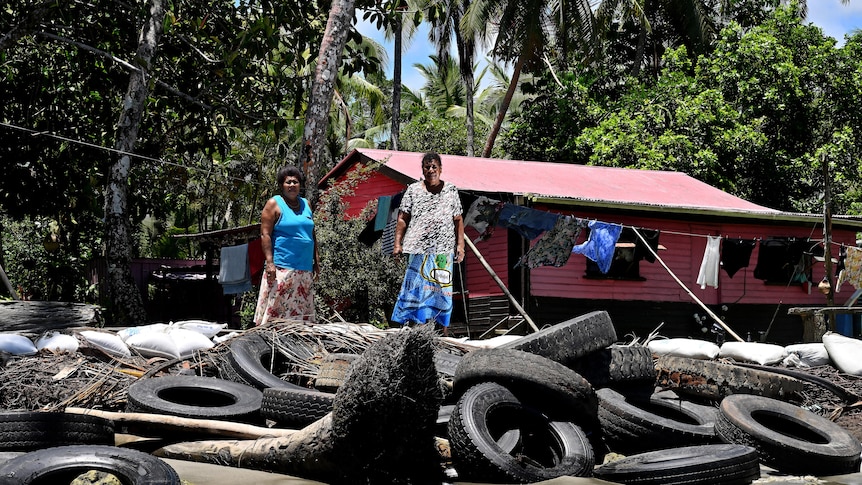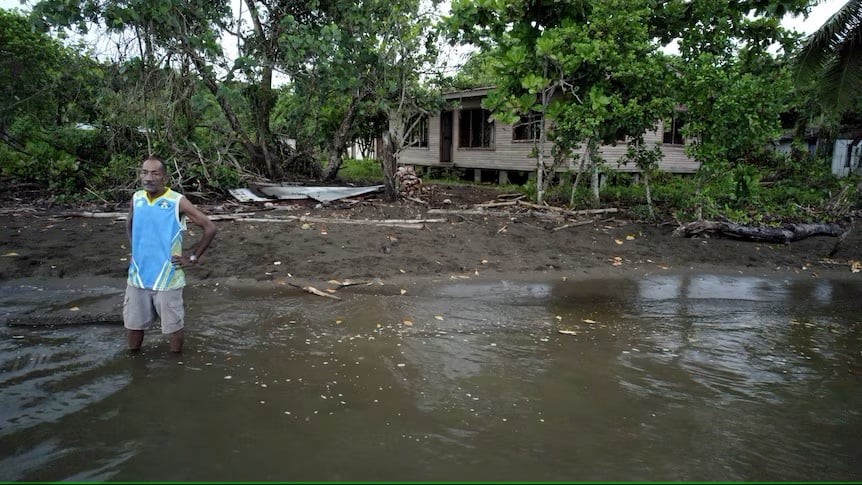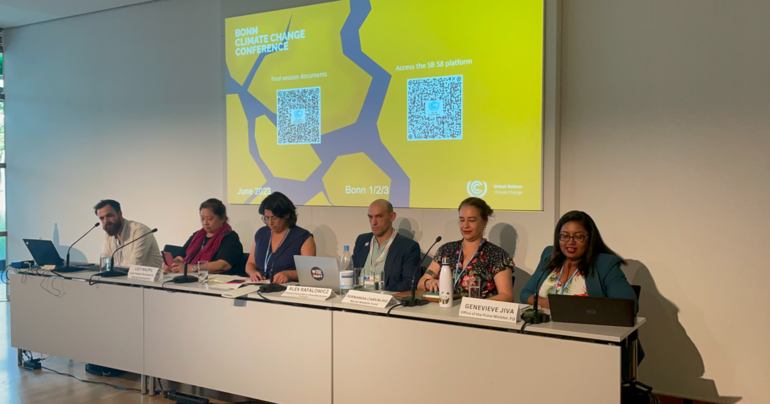A new partnership to support Fiji’s vulnerable communities to build resilience and financial preparedness against climate shocks
The UN Capital Development Fund (UNCDF) has announced the international insurance group, Howden, as a new addition to its long list of private sector partners helping fight climate change in the Pacific.
The international insurance intermediary has partnered with UNCDF’s Pacific Insurance and Climate Adaptation Programme (PICAP) to support Fiji’s vulnerable communities to build resilience and financial preparedness against climate shocks.
The flagship programme has developed and deployed the Pacific region’s first parametric microinsurance products in Fiji, Tonga and Vanuatu.
Parametric insurance is a pre-arranged financing instrument that can provide rapid access to funds following a specified natural disaster – known as a ‘trigger’ event. It can simultaneously help narrow the protection gap in the Pacific and harness private sector acumen and resources to bolster disaster relief activities.
PICAP, through its private insurer partners, FijiCare, Sun Insurance and Tower Insurance, has developed two products for the Fiji market that cover losses from heavy wind and rainfall related events.
Both products offer payout options of FJD$1000 (US$500), FJDS$2000 (US$1000) and FJD$3000 (US$1500), with a VAT-free premium of 10 percent per annum.
In the first two weeks of January 2023, Fiji experienced heavy rainfall resulting in a trigger payment of the parametric insurance product, with payments transferred digitally to 536 beneficiaries, who received payouts into their mobile wallets 10 days after receiving the final verified data from the Fiji Meteorological Office and the index monitor, demonstrating the value of parametric risk transfer.
Howden has provided subsidy support for the premiums of beneficiaries most vulnerable to damage from tropical cyclones and floods, including smallholder farmers, fishermen, market vendors, female-headed households, and people with disabilities.
David Howden, CEO, Howden Group, said: “Rising global temperatures are causing an increase in the frequency and severity of disasters, which is putting disaster relief funding models under significant pressure. The private sector has the expertise, resources, and now proven models that have the potential to transform how disaster relief is funded.
“We are proud to support the UNCDF and its partners on the PICAP and hope to see programmes like this playing a much bigger role in disaster relief funding strategies. But climate change isn’t hanging around; we need to scale this model, and fast.”
PICAP is jointly implemented by UNCDF, the UN Development Programme (UNDP) and the UN University Institute for Environment and Human Security (UNU-EHS), with support from the Government of New Zealand, Australia and Luxembourg.
The support from Howden aligns with UNCDF’s global strategy of rallying private sector support and resources for development initiatives that help uplift ‘last mile’ communities in developing countries around the world.
Krishnan Narasimhan, UNCDF’s Global Lead Specialist for Climate Risk Insurance and PICAP Programme Manager, said: “Although the parametric microinsurance offered in Fiji is market-based, the most vulnerable and low-income households require premium subsidy and towards this. Howden Group’s commitment to making this kind of insurance more accessible to those communities most vulnerable to climate-related disasters is indeed welcome and commendable”
This story was originally published at UNCDF on 23 February 2023 by Sheldon Chanel, reposted via PACNEWS.




